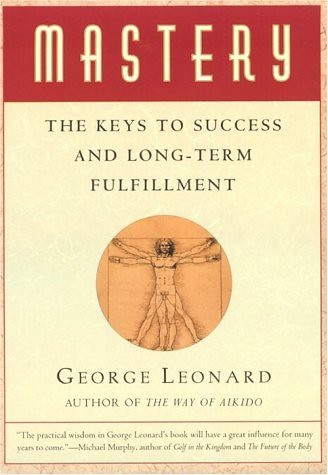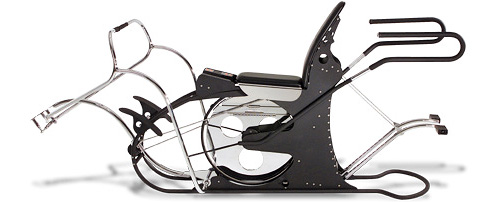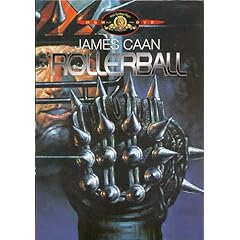 People seem to have the impression that I'm against video games. I'm not. I love video games. Although I have never played World of Warcraft, I'm sure that if I wasn't married, had no children, or a job, I'd probably spend half of my waking life trying to gain "experience points".
People seem to have the impression that I'm against video games. I'm not. I love video games. Although I have never played World of Warcraft, I'm sure that if I wasn't married, had no children, or a job, I'd probably spend half of my waking life trying to gain "experience points".You see, I spent a lot of time from age 11-13 playing Atari and Dungeons & Dragons. About the time I hit high school, athletics began taking so much time and energy that there was none left for fighting orcs. To top it off, I found that, contrary to popular belief, high school girls don't show much interest in paladins or magic-users, even if your role-playing-game character sheet has a charisma score of 18. "Reality" became much more important than "role-playing".

I always loved weights, and after I started reading the muscle magazines in the mid-80s, it was tough to ignore the advertisements and I fell hard for (as Jim Wendler called it) the "Weider tax". It was another kind of escape from reality. If it were possible, I'd like to calculate how much money I dropped in arcades one quarter at a time playing everything from Space Invaders to Karate Champ and compare that to allowances, scholarship money, and wages squandered on Dynamic Weight Gain, free-form aminos, and Dibencozide. Thankfully, 20+ years later, I've managed to get a handle on most reality "distractions", except for certain internet sites.
Nearly 30 years later, I find "Warrior Nerds" galore in dozens of high-traffic bodybuilding forums. Visit many of them and you'll see a lot of people pretending to be something they are not, dispensing cookie-cutter advice and hackneyed replies as effortlessly as they would roll a 20-sided die. Unfortunately, after endless hours boosting their post count (note the eerie similarity to experience points) into the hundreds, even thousands, many of them are no closer to bench pressing their bodyweight than they were six months before.
There is a cure and it's a lifting secret that all elite strength athletes know. It's called "experiential weightlifting".
Experiential Weightlifting (ĭk-spîr'ē-ĕn'shəl wātlĭftĭng) n. Weightlifting knowledge and strength derived from experience actually lifting heavy things
The thing is that, in modern society, we've grown comfortable with distraction; we love complexity and, in fact, find it impossible to function without them. Without our 100+ channels, cell phones, iPods, instant messaging, forums, video games, supplements, machines, implements, and gadgets, we'd be lost in the relative silence and simplicity of it all. The solution to distraction is NOT more distraction - not another supplement, research abstract, or "routine". The solution is less exercises, less time and energy spent on the minutiae and more time in the gym engaging in experiential weightlifting.












